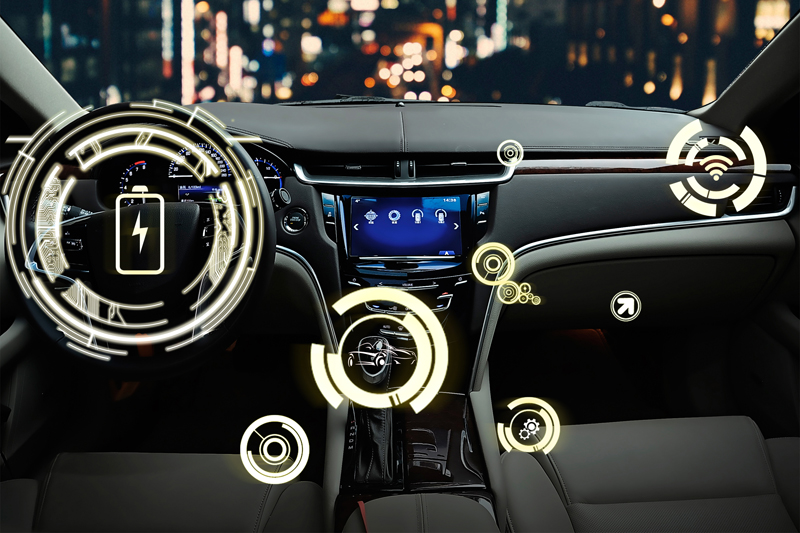Home >Technology peripherals >AI >How artificial intelligence affects the automotive industry
How artificial intelligence affects the automotive industry
- WBOYWBOYWBOYWBOYWBOYWBOYWBOYWBOYWBOYWBOYWBOYWBOYWBforward
- 2024-03-01 22:20:46832browse

The automotive industry is undergoing rapid technological change, moving from traditional machinery to electrification and autonomous driving. Cars have evolved into complex, sustainable systems that provide passengers with safety, digital, connectivity and entertainment. The industry's shift toward software-defined cars requires automotive software developers to adapt their approach.
Quality management is critical in digital infrastructure, required to meet growing demands while maintaining consumer standards. Due to the complexity of software development, manual testing is impractical, making it expensive and time-consuming. Slow approaches are no longer suitable for the frequent software updates and daily production releases required today.
Testing advanced applications in the automotive industry presents unique challenges, requiring testing on physical vehicles or complex simulations. Quality assurance challenges arise from the design and implementation of end-to-end tests, the need to test more combinations, and the challenge of functional testing of vehicles in test centers to ensure acceptable KPIs.
Consider the complexity of test software tasked with analyzing input from numerous electronic control units (ECUs). The software is designed to execute remote commands triggered through a mobile application held by the end user. In addition, it is responsible for continuously monitoring the health and movement of the vehicle while operating on the road and generating timely diagnostic alerts when necessary.
Challenges of Infotainment Testing
Automotive equipment manufacturers still face the challenge of providing customers with satisfactory in-vehicle infotainment (IVI) systems. Increasing customer demand for intuitive, powerful, and high-quality IVI systems is forcing manufacturers to add more features and content. The shortening of the new product functional testing cycle, from 4-6 weeks to 1 week, increases complexity. Another major challenge is achieving comprehensive test coverage to ensure system performance under different conditions and various combinations. Manually testing all these scenarios for each change deployment is nearly impossible, hence the need for robust automation solutions.
Application of Artificial Intelligence in Automotive Testing
Driven by machine learning and automation, integrating artificial intelligence into automotive testing has become an important change in the automotive industry. This change not only promotes the production of electric vehicles, but also coincides with the movement of environmentally friendly practices. Current trends in the automotive industry highlight several key advantages:
● Enhanced safety measures
● Reduced vehicle problems through predictive maintenance
● Improved user driving experience
● Autonomous driving capabilities
With the development of artificial intelligence, it has become imperative to use large data sets to test artificial intelligence/machine learning models. Automotive data includes consumer behavior, preferences, driving patterns, location, etc. Without rigorous quality testing, big data may not provide valuable insights for decision-making. Therefore, implementing big data testing is crucial for accurate data processing and evaluation.
The main purpose of big data and analytics testing is to ensure 100% validation of all data. This kind of testing will check and verify the functionality and performance of big data applications. Adopting an end-to-end testing approach can meet various requirements for big data testing, including the use of indicators, tools, and test data.
A wide range of AI-led testing tools can be used to build an AI-enhanced quality management platform. The result is complete data validation, overall quality cost reduction, faster time to market, and predictive customer experience.
The above is the detailed content of How artificial intelligence affects the automotive industry. For more information, please follow other related articles on the PHP Chinese website!

